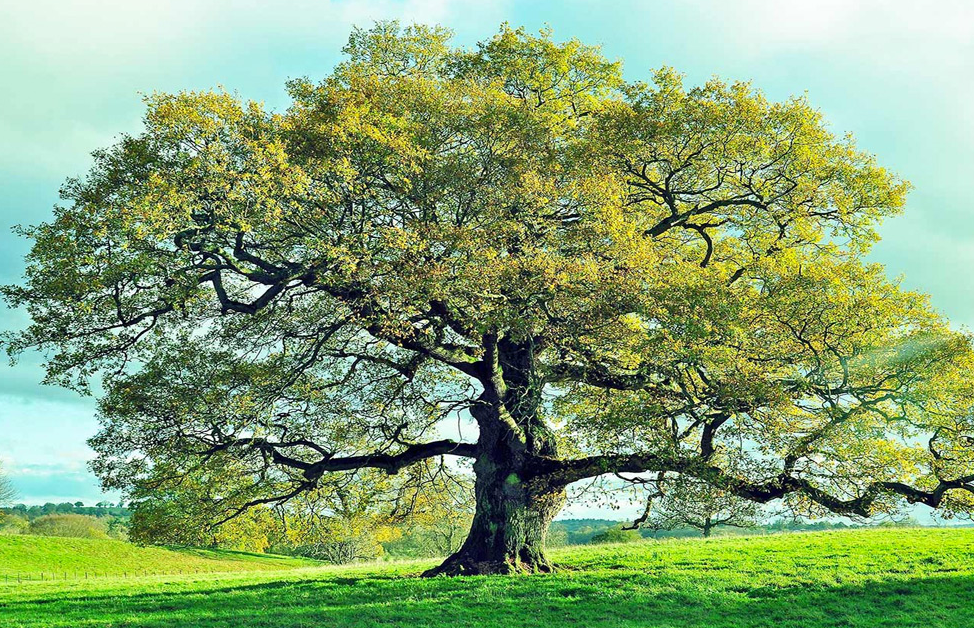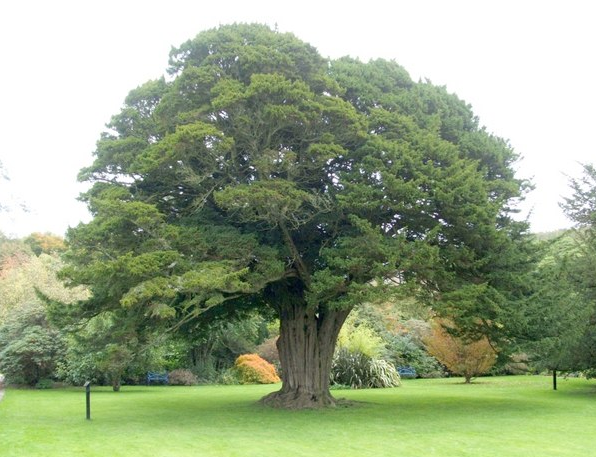The date palm (Phoenix dactylifera) is the Bahrain National Tree, a small island country in the Persian Gulf. Known for its sweet, succulent fruit and towering stature, the date palm has been an important part of Bahrain’s cultural heritage for thousands of years.
Characteristics of the Date Palm
The date palm is a tall, slender tree that can grow up to 30 meters in height. Its trunk is thick and marked with distinctive diamond-shaped patterns, and its long, feathery leaves can reach lengths of up to six meters. Date palms have been cultivated for thousands of years, resulting in over 1000 different varieties of the tree.
In Bahrain, the most common type of date palm is the Khalas, known for its sweet, caramel-like flavor and soft texture. Date palms are typically propagated through seedlings or offshoots from mature trees.
Historical Significance of Bahrain National Tree
The date palm has played a significant role in Bahrain’s economy and cultural heritage for centuries. Historically, the fruit was an important source of food and sustenance for the people of Bahrain, and the tree’s wood was used for construction and furniture making.
Today, date palms continue to play a vital role in Bahrain’s economy, particularly in the food and tourism industries. The country is one of the world’s leading producers of dates, and the fruit is a staple ingredient in many traditional Bahraini dishes.
Importance of the Bahrain National Tree in Modern Bahrain
In addition to its traditional uses, the date palm has found new significance in modern Bahrain. The fruit is widely consumed both domestically and internationally, and the date palm has become a symbol of the country’s cultural heritage.
Date palm plantations are also popular tourist attractions, drawing visitors from around the world to witness the beauty and bounty of Bahrain’s national tree. Furthermore, date palms play an important role in environmental conservation efforts, as they are well-adapted to the region’s arid climate and can help prevent desertification.
Health Benefits of Dates
Dates are not only delicious but also offer a range of health benefits. They are high in fiber, potassium, and antioxidants, and are a good source of energy. They have been found to improve digestion, lower cholesterol, and reduce the risk of heart disease.
In traditional medicine, dates have been used to treat a variety of ailments, including constipation, anemia, and respiratory problems. They have also been shown to have anti-inflammatory and anti-cancer properties.
Challenges Facing the Date Palm Industry in Bahrain
Despite its economic and cultural significance, the date palm industry in Bahrain faces several challenges. One of the biggest challenges is climate change, which is leading to hotter and drier conditions in the region. This can affect the growth and productivity of date palm trees, and make them more susceptible to diseases and pests.
Another challenge is the spread of diseases and pests, such as the red palm weevil, which can devastate entire date palm plantations. The use of pesticides and other chemical treatments can be harmful to the environment and human health, so alternative methods of pest control are being explored.
To overcome these challenges, researchers and farmers are exploring new techniques for date palm cultivation and propagation, as well as developing natural methods of pest control. These efforts are critical to the future of the date palm industry in Bahrain, and to the conservation of the national tree.
Conclusion
The date palm is an important part of Bahrain’s cultural heritage and economy, and offers a range of health benefits as well. While the industry faces several challenges, there are many efforts underway to address them and ensure the continued growth and sustainability of the date palm.
Conservation of the national tree is critical not only for the economic and cultural significance of the date palm in Bahrain but also for its potential to combat desertification and support environmental sustainability efforts.
FAQs
- What is the botanical name for the date palm?
The botanical name for the date palm is Phoenix dactylifera.
- How long does it take for a date palm tree to produce fruit?
It can take anywhere from 4 to 8 years for a date palm tree to produce fruit, depending on the variety and growing conditions.
- What is the most common type of date palm grown in Bahrain?
The most common type of date palm grown in Bahrain is the Khalas.
- How many dates can one date palm tree produce in a year?
A single date palm tree can produce anywhere from 100 to 300 pounds of fruit per year, depending on the variety and growing conditions.
- What are some traditional uses of dates in Bahrain?
In Bahrain, dates are used in a variety of traditional dishes, such as ma’amoul (date-filled cookies) and bukaj (date syrup). They are also used in medicinal remedies for a range of ailments.
References
- “Bahrain: The Date Palm Tree, An Emblem of the Country’s identity and Culture.” The Arab Weekly, 28 March 2021, https://thearabweekly.com/bahrain-date-palm-tree-emblem-countrys-identity-and-culture.
- Al-Ghamdi, Ahmad, et al. “The Date Palm (Phoenix dactylifera L.): Overview of Biology, Uses, and Cultivation.” Frontiers in Plant Science, vol. 12, 2021, doi: 10.3389/fpls.2021.631352.
- Al-Saqer, Mohammed, et al. “Evaluation of Date Palm Cultivars for Resistance to Red Palm Weevil (Rhynchophorus ferrugineus Oliv.) in Bahrain.” Journal of King Saud University – Agricultural Sciences, vol. 30, no. 4, 2018, pp. 528-535, doi: 10.1016/j.jksus.2017.07.002.

